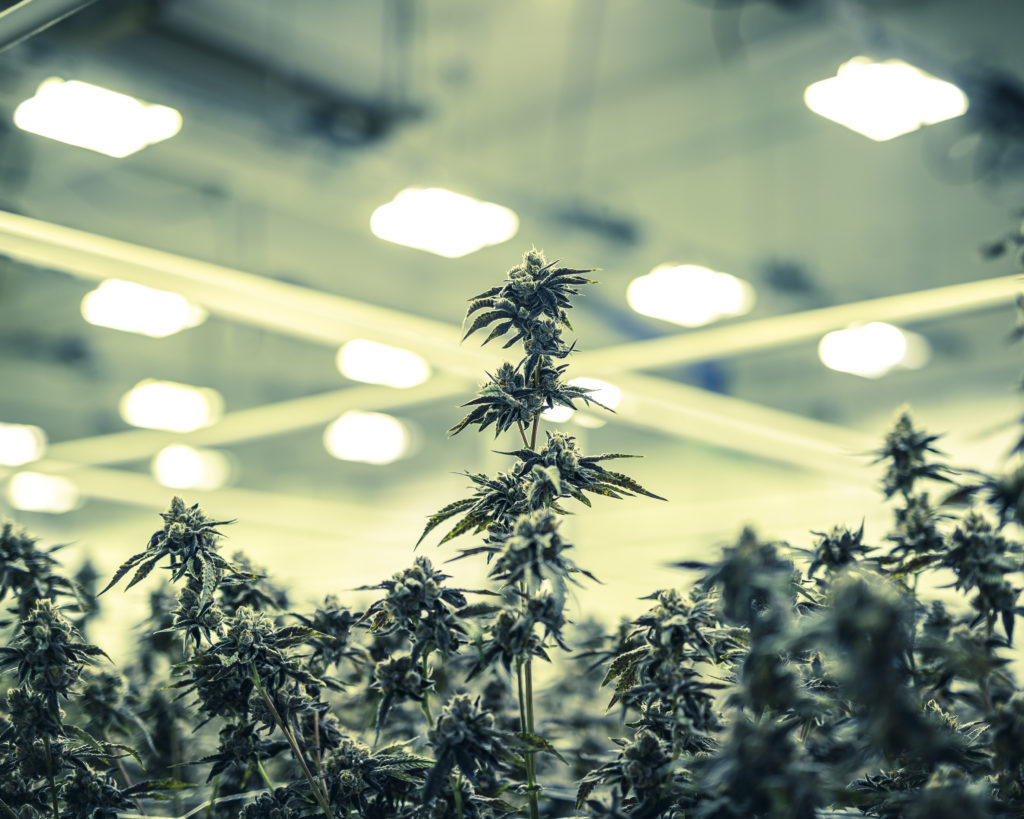
The U.S. Drug Enforcement Administration has proposed new rules that would reclassify cannabis from a Schedule 1 controlled substance (on par with heroin and LSD) to a Schedule 3 drug. The change would pave the way for significant tax relief for cannabis operators.
The proposed rule recognizes that cannabis has medical uses and that it has less potential for abuse than other dangerous drugs, like cocaine or oxycodone. Aside from tax relief, it would mainly benefit cannabis businesses that operate in the medical marijuana space.
Importantly, the regulation would not legalize marijuana outright for recreational use. Still, there are many unanswered questions about the regulation, and the upcoming presidential election could factor into its enactment. But if the regulation is finalized, there are several ways operators could benefit:
Tax Relief
Rescheduling would free cannabis growers, processors, and dispensaries from the yokes of Section 280E of the Internal Revenue Code, which disallows trade or business deductions (including the cost of goods sold) for expenditures in connection with the sale of Schedule 1 drugs, like cannabis is now.
The lack of deductions that are afforded to most other companies means that cannabis firms pay inordinately higher taxes than other businesses, sometimes as high as 70%, particularly for cannabis retailers. Cannabis businesses paid $1.8 billion more in 2023 than if they had not been subject to 280E, Neil Rosenfield, a certified public accountant, said during a webinar sponsored by the National Cannabis Industry Association.
If rescheduling succeeds, cannabis operators could treat their expenses like any other business, bringing their effective tax rate down to just 22%.
Access to Banking Services
It’s unlikely that banks will suddenly swing open their doors to cannabis businesses if the proposed rule were to be enacted, experts say. Some banks may be open to taking on cannabis operators if they solely operate in the medical marijuana space; however, those who sell recreational cannabis would likely still be out in the cold.
Some observers say that since cannabis would still be illegal, banks would still shun the industry to avoid any legal entanglements and risks to their charters for extending banking services to an entity breaking federal law. As well, many banks also have policies that forbid them from doing business with companies in the vice category, such as alcohol, tobacco, and gambling.
Trademarking
Rescheduling would avail medical marijuana operators the ability to apply for trademark protection of their products. This would be a big step forward for producers who want to trademark certain strains or growing methods.
Experts Believe Rescheduling Will Be Completed This Year
The takeaway: There are still many unknowns about how the proposed regulation could play out. It’s currently out for public comment until mid-July. After that, there is no set timeline for the DEA to enact the rule change. Experts interviewed on the webinar said they felt that it would be done by the end of the year. However, there will likely be changes to the final regulation that were not part of the proposed rule after the agency collects public comments.
The Biden administration would have to move quickly to get the regulation on the books. Finally, if Donald Trump wins the presidency, and the regulation has not been enacted, he could swiftly move to pull the proposed regulation. And if he were to take office after the rule took effect, he could start new rulemaking that would reverse the rescheduling, which would take time.
